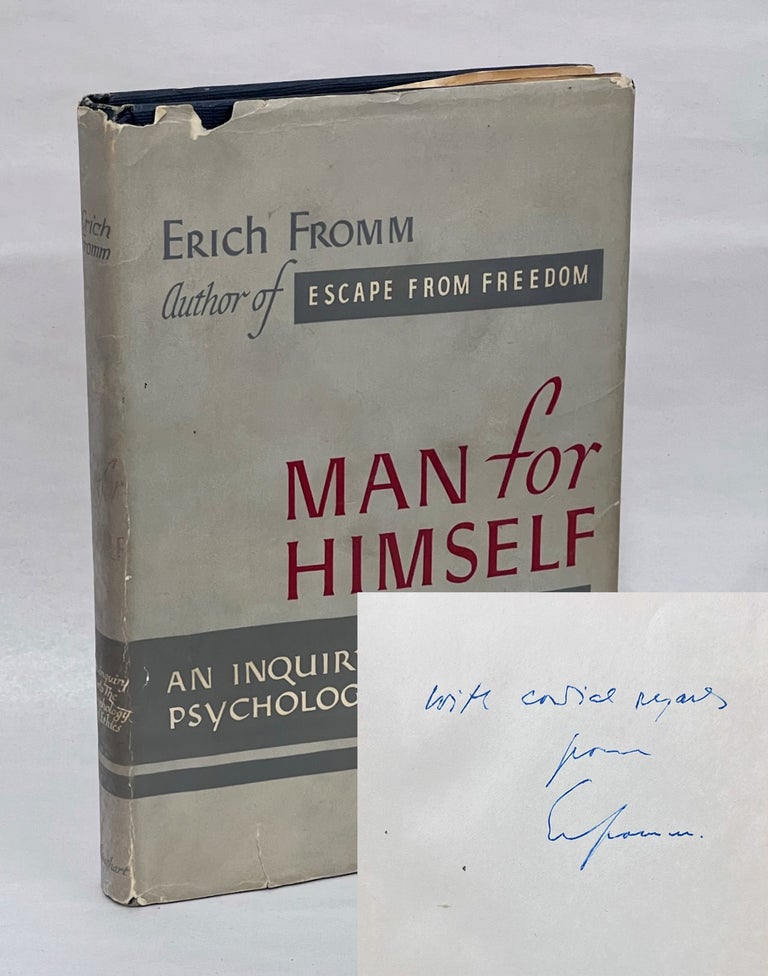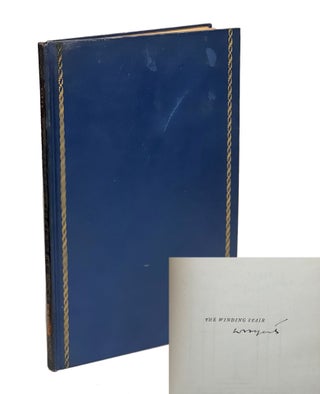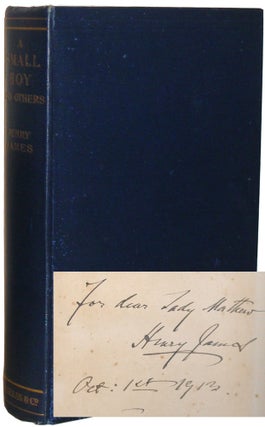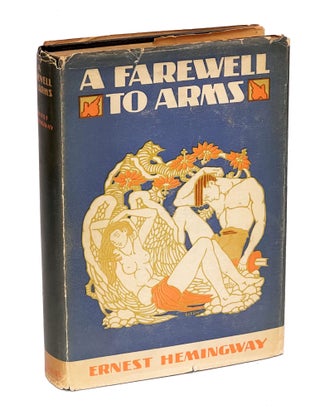
Man for Himself: An Inquiry into the Psychology of Ethics
Price: $2,250.00
Hard Cover. New York: Rinehart and Company, 1947. First Edition. Near Fine / Dust Jacket Included.
First edition, first printing, with "R" in a circle on copyright page. Inscribed by Fromm on front free endpaper: "With cordial regards / from / E Fromm." Publisher's blue cloth, with titles stamped in silver foil to spine; in its original gray dust jacket, printed in darker gray, white, and red. Near fine book, with light rubbing to spine ends and bottom edges of boards, top corner of half-title page torn, and faint bookseller label residue to rear pastedown; very good unclipped dust jacket, with shallow chipping to top left corner of front panel and head of spine, light dampstaining to spine and top edges of rear panel and rear flap, "Man For Himself" mostly faded from spine, some toning to rear panel, small closed tear to bottom edge of front panel, and a couple of tiny marks to right margin of rear panel. Overall, a pleasing copy of a scarce book, inscribed by Fromm. In Man for Himself, German social psychologist Erich Fromm discusses "the problem of ethics, of norms and values leading to the realization of man's self and of his potentialities" (Foreword). He expands on themes from his first major work, Escape from Freedom (1941), in which he argues that too much individual freedom can lead society to authoritarianism. Man for Himself and Escape from Freedom are generally recognized as Fromm's two most important works. Man for Himself is divided into five sections: I. The Problem, II. Humanistic Ethics: The Applied Science of the Art of Living, III. Human Nature and Character, IV. Problems of Humanistic Ethics, and V. The Moral Problem of Today. Erich Fromm, born in Germany to Orthodox Jewish parents, escaped Nazi Germany in 1934 and settled in the U.S. Initially a disciple of Freud, Fromm eventually split from him due to his belief that social and economic factors were important shapers of personality, rather than just unconscious desires. Fromm held professorships at Columbia University, Bennington College, Michigan State University, and New York University, and in 1943 helped found the progressive William Alanson White Institute. In addition to Escape from Freedom and Man for Himself, Fromm penned influential works like The Sane Society (1955), The Art of Loving (1956), and The Anatomy of Human Destructiveness (1973). Item #EFRM001




